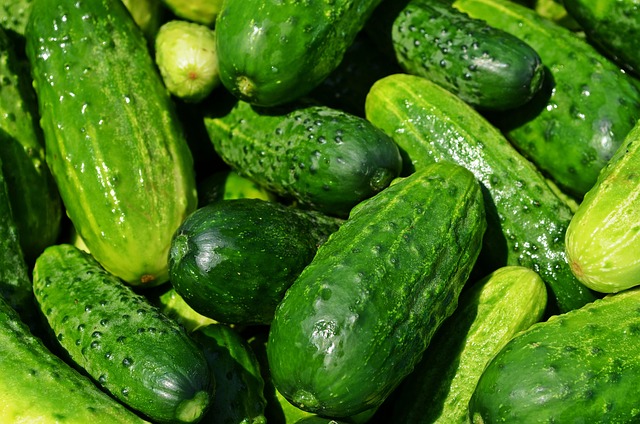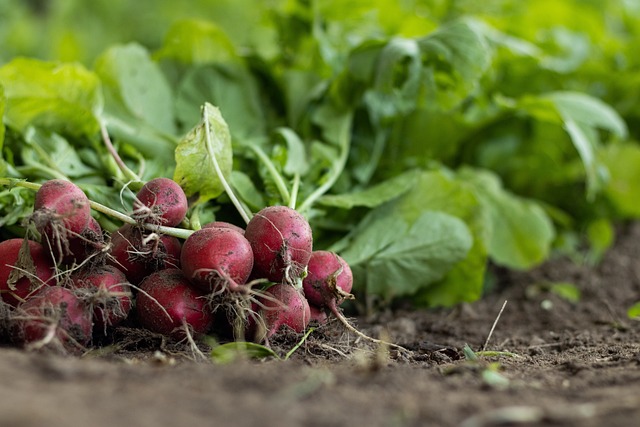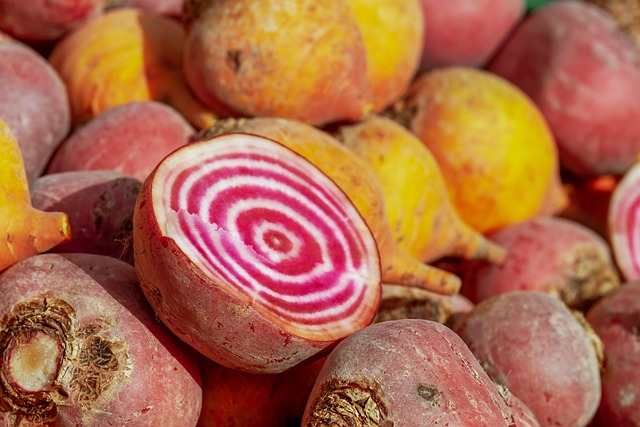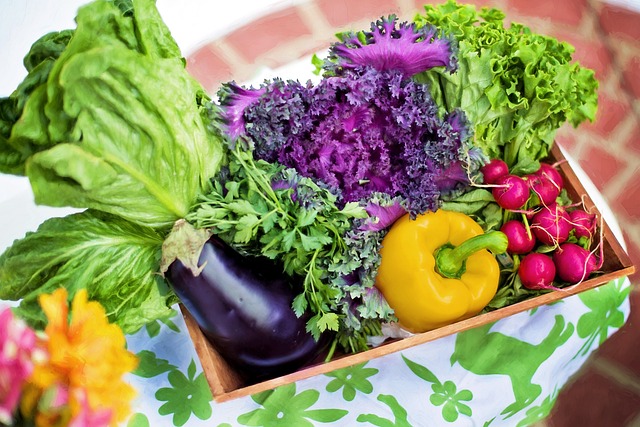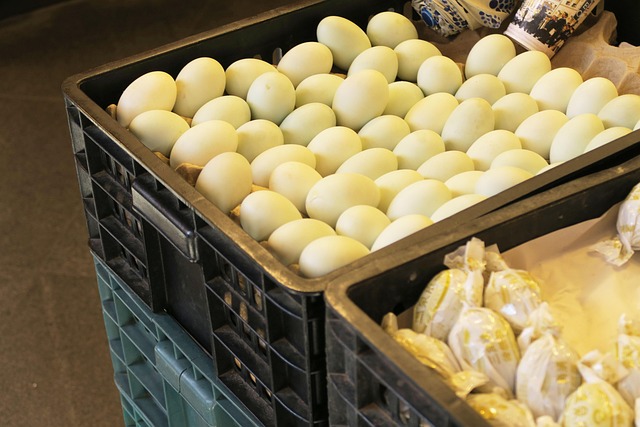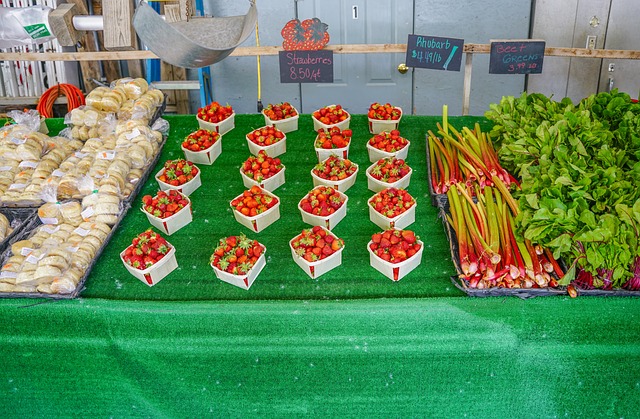Lane County, Oregon's artisan markets are vibrant centers celebrating its strong agricultural heritage by connecting local farmers directly with consumers. These markets offer an array of fresh, high-quality Lane County produce, fostering sustainability and community while boosting the local economy. By prioritizing locally-sourced goods, these hubs minimize food miles, promote eco-friendly farming practices, and solidify their role as integral cultural and economic pillars in the region.
Lane County, Oregon, boasts a rich agricultural heritage that has fueled the rise of vibrant artisan markets. These local food movements are transforming the way residents and visitors access fresh, sustainable produce. This article explores the diverse offerings of Lane County produce markets, their community engagement and economic impact, as well as their commitment to sustainable practices in supporting local farmers. Discover how these markets are not just places to shop, but hubs that foster a deeper connection to our region’s agricultural roots.
- Lane County's Rich Agricultural Heritage
- The Rise of Artisan Markets: A Local Food Movement
- Uncovering the Varied Offerings at Lane County Produce Markets
- Community Engagement and Economic Impact
- Sustainable Practices and Supporting Local Farmers
Lane County's Rich Agricultural Heritage

Lane County, Oregon, boasts a rich agricultural heritage that is deeply woven into its fabric. The county’s fertile valleys and rolling hills have long been a haven for farmers cultivating a diverse range of produce. Local farms have historically supplied fresh, high-quality lane county produce to both residents and visitors alike. This strong farming tradition continues today, with many artisan markets showcasing the region’s bounty.
Artisan markets in Lane County serve as vibrant gathering places where local farmers can connect directly with consumers. These markets offer an array of fresh fruits, vegetables, herbs, and other agricultural products directly from the source. Visitors can discover a wealth of lane county produce, all grown by passionate local farmers committed to sustainability and quality. The markets not only provide access to nutritious, locally sourced food but also foster a deep connection between producers and consumers, celebrating Lane County’s rich agricultural heritage.
The Rise of Artisan Markets: A Local Food Movement
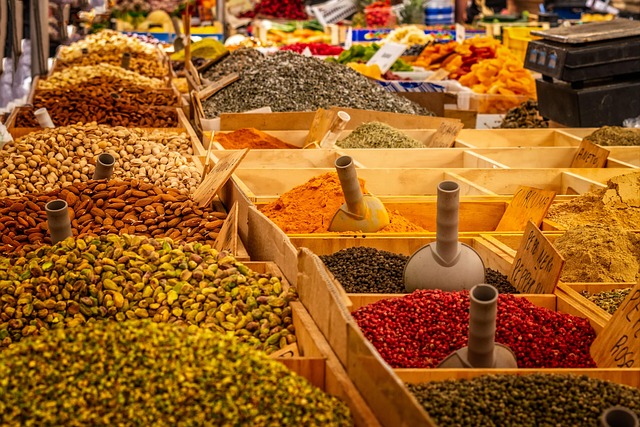
The artisan market movement has taken root in Lane County, Oregon, reflecting a growing local food culture and a desire for fresh, locally-sourced produce. These vibrant gathering places have emerged as a way to connect farmers directly with consumers, fostering a stronger sense of community and supporting sustainable agricultural practices. By prioritizing Lane County produce, these markets not only enhance local economies but also encourage environmentally friendly food systems.
The rise of artisan markets is part of a broader trend towards conscious consumption and a return to locally-based trade. Consumers in Lane County are increasingly demanding access to fresh, high-quality ingredients, and these markets cater to this demand by offering a diverse range of locally grown fruits, vegetables, herbs, and even artisanal baked goods and handcrafted items. This direct-to-consumer approach ensures that residents have access to the season’s best produce while also strengthening ties between producers and their community.
Uncovering the Varied Offerings at Lane County Produce Markets
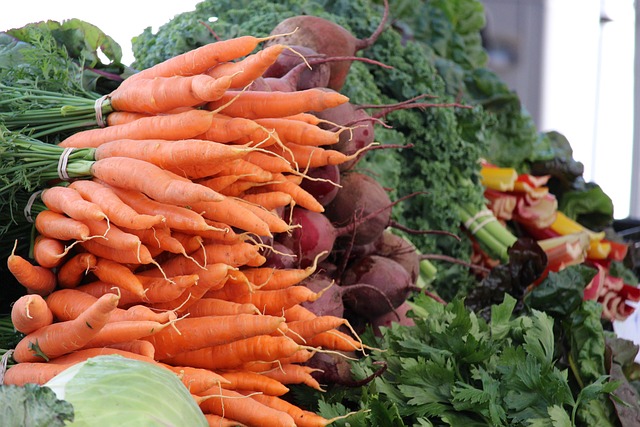
Lane County produce markets are a treasure trove for food enthusiasts and locals alike, offering a diverse range of fresh, locally sourced goods. Beyond the usual array of fruits and vegetables, these markets showcase the region’s rich culinary diversity. From artisanal cheeses crafted by local farmers to handcrafted sauces, pickles, and jams, each market is a unique gathering place where producers connect directly with consumers.
Shoppers can discover an ever-changing selection of seasonal products, fostering a deeper connection to the land and its bounty. The markets also serve as a vibrant community hub, encouraging interaction among vendors and patrons. This direct-to-consumer approach not only supports local farmers but also allows buyers to sample and learn about the stories behind each product, making their shopping experience both enriching and memorable.
Community Engagement and Economic Impact
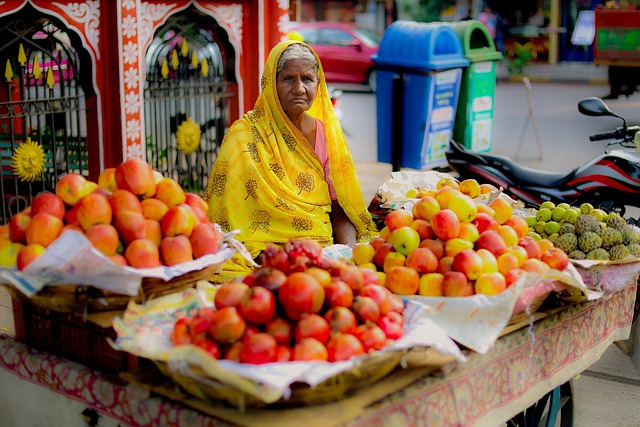
Artisan markets in Lane County, Oregon, serve as vibrant hubs for community engagement and economic vitality. These markets not only provide a platform for local farmers to sell their fresh Lane County produce but also foster a sense of connection among residents. Shoppers appreciate the opportunity to interact directly with producers, fostering trust and understanding of where their food comes from. This personal touch creates a loyal customer base and strengthens the local economy by keeping money within the community.
The economic impact is twofold: it supports local farmers and small businesses while offering consumers access to high-quality, locally sourced goods. The markets contribute to the overall prosperity of Lane County by promoting sustainable agricultural practices, reducing food miles, and enhancing food security. This positive feedback loop benefits both residents and visitors alike, making the artisan markets a cornerstone of the county’s cultural and economic landscape.
Sustainable Practices and Supporting Local Farmers

Artisan markets in Lane County Oregon are not just places to shop; they’re hubs for fostering sustainable practices and supporting local farmers. These markets prioritize fresh, locally sourced Lane County produce, reducing the carbon footprint associated with long-distance transportation. By directly connecting consumers with farmers, these markets ensure that produce is at its peak ripeness and flavor.
Moreover, many artisan markets in Lane County encourage and implement eco-friendly initiatives. Farmers use sustainable farming methods, such as organic practices and water conservation techniques, to protect the environment while providing high-quality goods. The markets themselves often employ recycling programs and promote the use of reusable containers, contributing to a cleaner and greener community.
